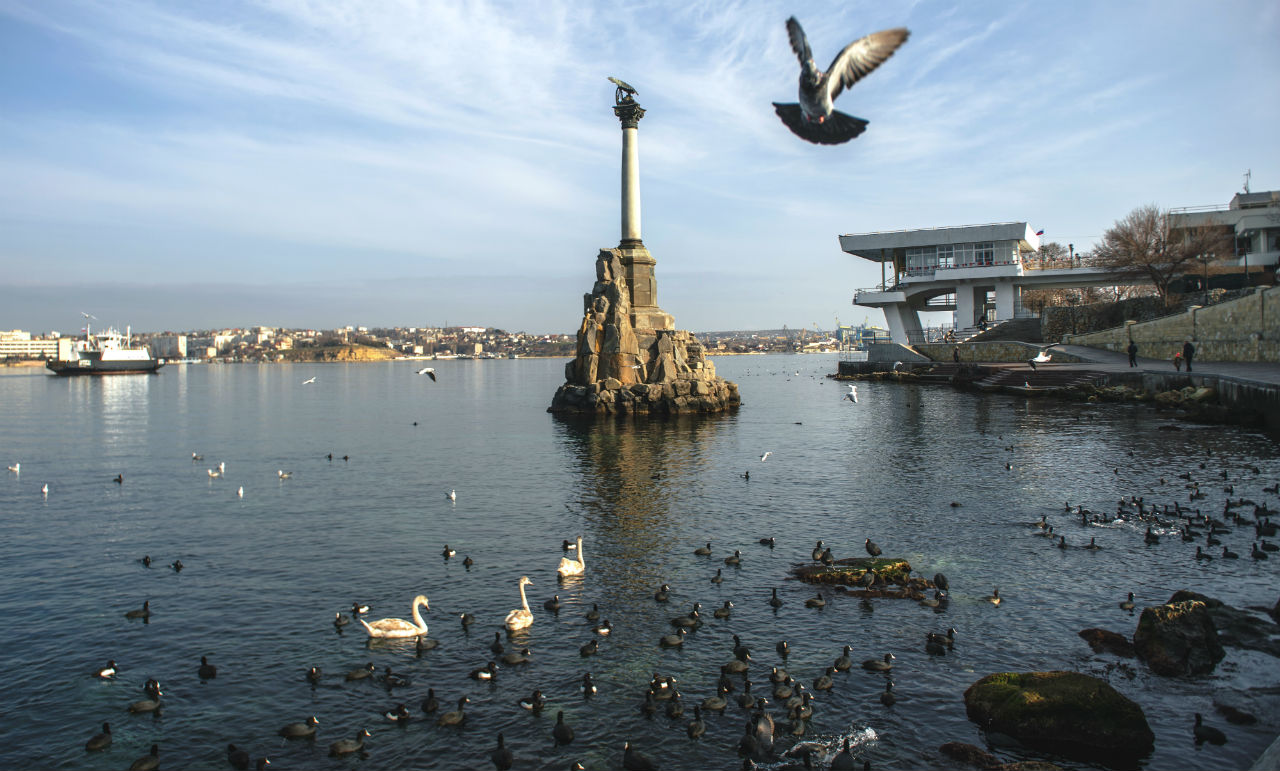
Crimea could become a hotspot for offshore investors and foreign tourists.
Vladimir Astapkovich/RIA NovostiDeputy Chair of State Duma’s International Affairs Committee Alexei Chepa is preparing amendments to the Tax and Civil Code and several Russian laws, which, if approved, may help foreign investors work and live in Crimea, Kommersant daily reports.
The amendments could help create a de-facto offshore zone on the peninsula, which is under economic sanctions imposed by the U.S., Canada and the European Union.
However, most of the amendments contradict several Russian laws and may cause international turbulence since Russia has agreements with the Organization for Economic Cooperation and Development (OECD), which monitors offshore zones.
According to the RBC daily, the new law would allow the setting up of international trusts by anonymous investors. Crimean companies would be able to use foreign investments from these trusts.
Amendments also include the creation of an “international transit zone” in Crimea, where residents become tax-exempt. Tax on income and wealth would be also eliminated. Residents would, however, be obliged to pay an annual tax levy of €1,500. In addition, operations in the international transit zone would not fall under the Russian Currency Code.
The Russian authorities could also allow foreign banks, insurance companies, pension funds and brokerage firms to work in Crimea without obtaining a Russian license, under the condition of having one in their country of registration. This clearly contradicts existing Russian laws, which state that a license is necessary for all foreign companies.
There is also a provision for a foreigner to gain Russian citizenship, if he or she invests at least €1 million in Crimea or Sevastopol. Plans are also on to waive visa requirements on the peninsula.
Kommersant cited Paragon Advice Group partner and Forbes Russia columnist Alexander Zakharov as saying that many foreign countries are unlikely to cooperate with Russia since they are members of a tax information exchange project.
If using any of Russia Beyond's content, partly or in full, always provide an active hyperlink to the original material.
Subscribe
to our newsletter!
Get the week's best stories straight to your inbox